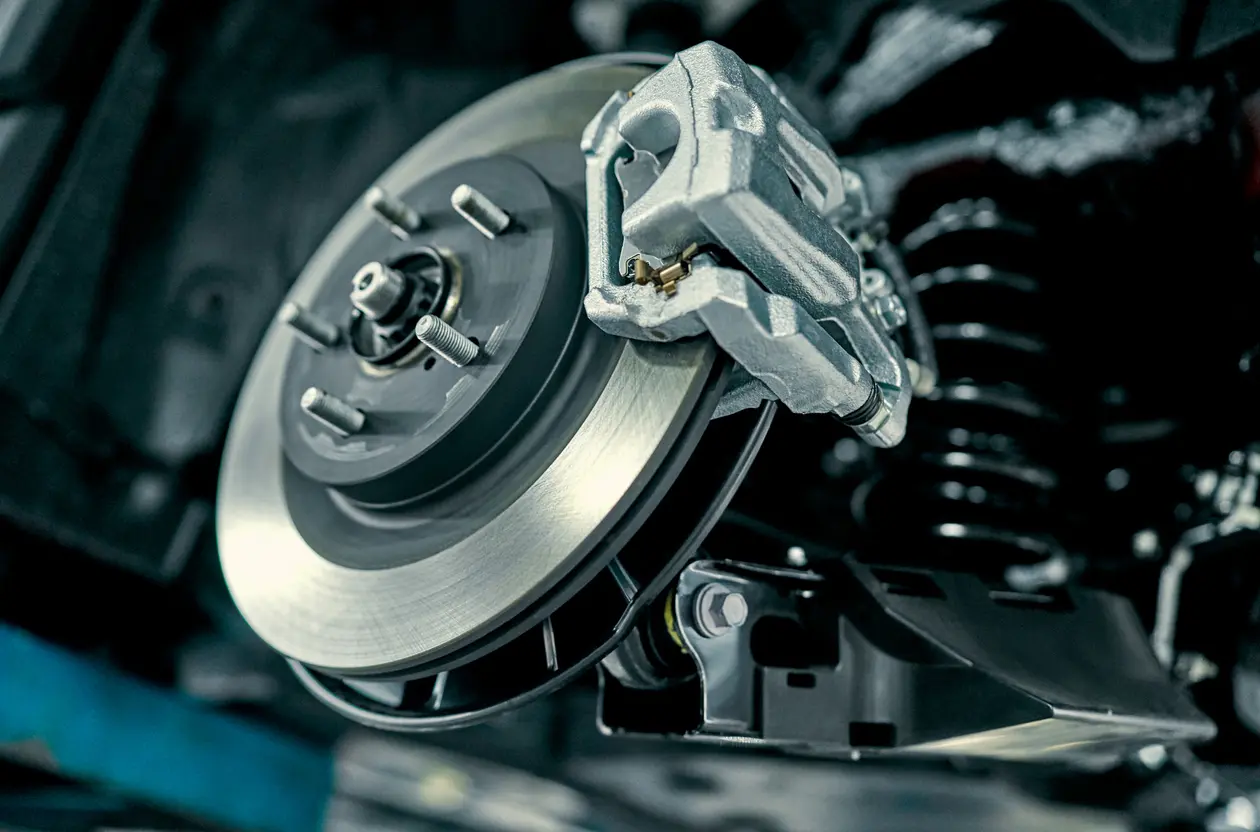EN 16207 Moisture Resistance Testing of Brake Linings
The EN 16207 standard specifies a method for determining the moisture resistance properties of brake linings used in railway and transportation systems. This test is crucial for ensuring that brake components can withstand the harsh environments often encountered during operation, thereby enhancing safety and performance.
Moisture resistance testing is particularly important because it ensures that brake linings do not absorb water during use, which could lead to reduced friction or even complete failure of critical braking systems. This standard helps manufacturers develop robust materials capable of maintaining their integrity under various weather conditions, including rain, snow, and humidity.
The test involves subjecting brake lining samples to a controlled moisture environment for a specified duration before measuring the change in mass due to water absorption. The results provide insights into how effectively different materials can maintain their performance characteristics after exposure to moisture.
Understanding these properties is essential for quality managers and compliance officers, as it directly impacts product safety and reliability. For R&D engineers, this test offers valuable data on material selection and design optimization. Similarly, procurement teams benefit from knowing which suppliers meet the stringent requirements outlined in EN 16207.
Implementing this standard also aids in meeting regulatory requirements, ensuring that products comply with international standards for railway safety. By adhering to these guidelines, manufacturers can enhance their reputation and trustworthiness among customers who prioritize product durability and environmental resistance.
| Parameter | Description |
|---|---|
| Type of Sample | Brake lining discs or blocks |
| Environmental Conditions | Ambient temperature, humidity controlled chambers |
| Durability Test Duration | 24 hours |
| Weighing Method | Difference method using analytical balance |
| Repeatability | ± 0.1% of the final value |
The EN 16207 standard is widely recognized and implemented across various sectors, including railway transportation, automotive manufacturing, and aerospace. Its adoption ensures consistent quality control processes and promotes safer product designs.
For manufacturers looking to comply with this regulation, it's important to understand the full scope of the testing procedure. Compliance not only protects end-users but also shields manufacturers from potential legal issues related to non-compliance.
In conclusion, EN 16207 moisture resistance testing is an indispensable tool for ensuring the reliability and safety of brake systems in railway and transportation applications. By adhering to this standard, stakeholders can contribute significantly to overall operational efficiency and passenger safety.
Scope and Methodology
- Determines moisture resistance properties of brake linings used in railway vehicles.
- Subject samples to controlled humidity conditions for 24 hours.
- Weigh the samples before and after exposure to calculate water absorption percentage.
- Evaluates compliance with international standards relevant to railway safety.
This section outlines the detailed scope of EN 16207 moisture resistance testing, emphasizing its importance in ensuring brake lining performance under various environmental conditions. The methodology described ensures accurate and reliable results, which are essential for meeting regulatory requirements and enhancing product quality.
Eurolab Advantages
EuroLab offers comprehensive services tailored to meet the needs of manufacturers seeking compliance with EN 16207. Our experienced team of professionals provides expert guidance throughout the testing process, ensuring accurate results and timely delivery.
- State-of-the-art facilities equipped with precision instruments for precise measurements.
- Comprehensive training programs for personnel involved in quality control and product development.
- Dedicated support services to assist clients in interpreting test data and implementing necessary changes.
By leveraging our expertise, you can rest assured that your products will meet the highest standards of safety and reliability. Contact us today to learn more about how EuroLab can help your organization achieve compliance with EN 16207.
Why Choose This Test
- Promotes safer railway operations by ensuring brake linings maintain their integrity under moisture exposure.
- Avoids potential failures due to reduced friction caused by water absorption.
- Ensures compliance with international standards for railway safety and quality control.
- Supports robust product design through detailed performance data.
- Maintains reputation and customer trust among those prioritizing durability and environmental resistance.
The EN 16207 test offers numerous benefits that make it an indispensable part of any railway brake lining development or quality assurance program. By choosing this test, stakeholders can ensure their products meet the highest standards of reliability and safety.





